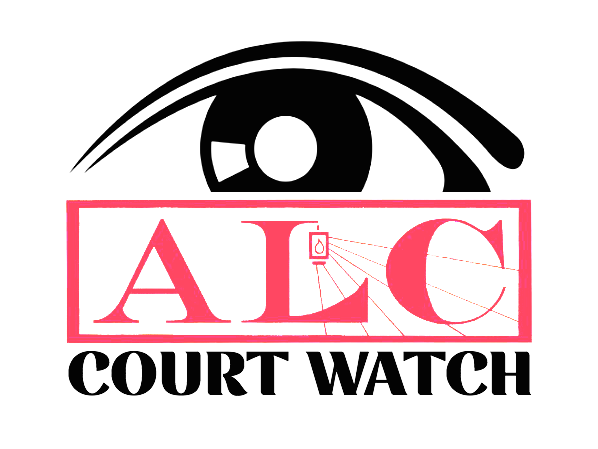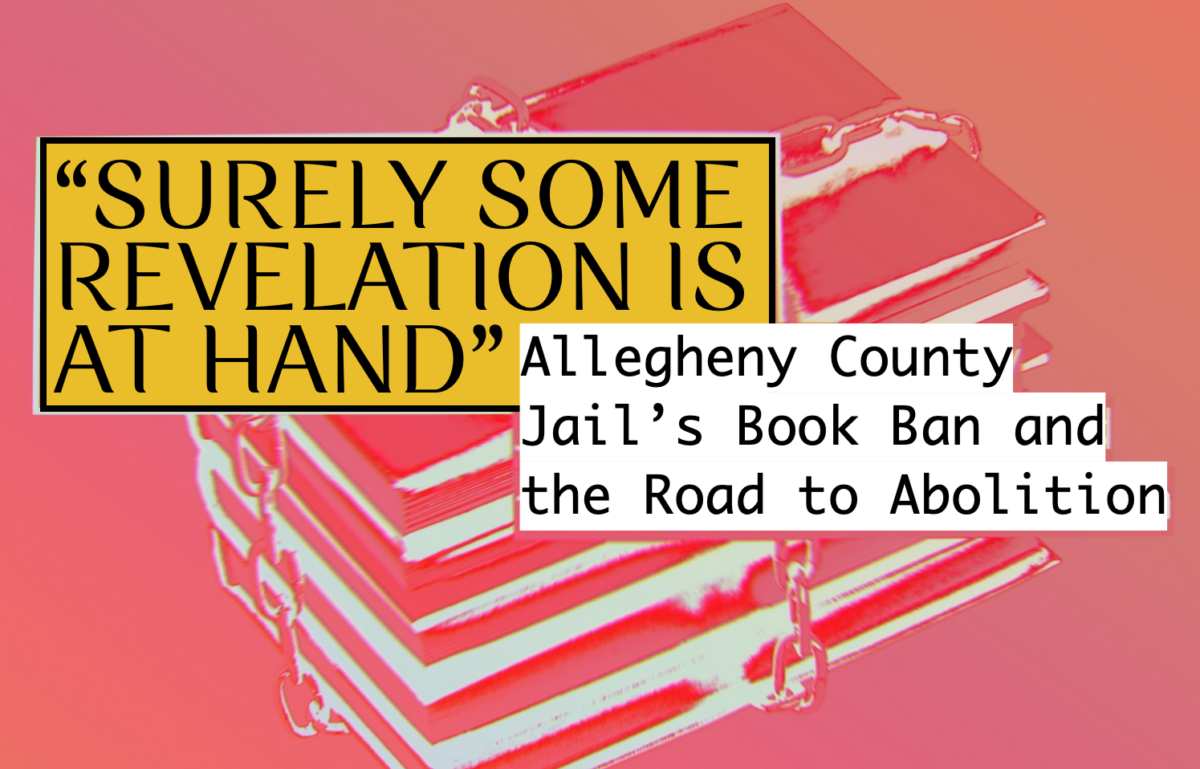by Courtney E. Colligan
“Things fall apart; the center cannot hold; Mere anarchy is loosed upon the world.” This past Saturday, NPR All Things Considered Saturday Host Scott Simon mused about the lasting nature and questioning legacy of William Butler Yeats and his poem, “The Second Coming.” Yeats, an Irish poet and dramatist of the 20th century, wrote the poem in response to the catastrophes that plagued the world through 1920. Yet Simons asks a provoking question of Yeats, a provoking question many of us ask about the Great Writers and Artists of the past: Do their politics, their loyalties, their ideas inform their art and by consuming their art, do we consume these ideals? Yeats was a known nationalist. He supported Mussolini, condoned eugenics, and saw promise in authoritarian regimes. Simon muses that, like with all art and literature, we choose how we navigate these relationships between creator and creation.
This quandary plagues many of us who study the Humanities, who ask if by studying Shakespeare or Kipling we further some of the darkness surrounding the works. Or do we let the work speak for itself? Can a piece take on relevance and meaning in the present while also bearing the layers of history? These questions stem from the act of reading, from the act of experiencing art. And with the latest book ban from Allegheny County Jail, incarcerated individuals cannot ask such questions or create their own meaning under the limited purview of the list of “allowed” books.
On November 18, 2020, Charlie Deitch’s article “Fahrenheit 412” was published in the Pittsburgh Current, laying bare the news of the Allegheny County Jail’s decision to ban physical books for yet-to-be-specified “security reasons.” Yet as Deitch and Juliette Rihl’s piece in Public Source makes clear, the ACJ’s move to tablets speaks to the continuation of a for-profit incarceration system in which physical books fail to bring in the profits. Looking at the pattern of book bans across the U.S.’s prison system, bans arise when prisons partner with telecommunications companies and introduce tablets across the wards. Recent bans in Seattle and West Virginia have been overturned thanks to public pressure.
At the time of publication, ACJ has partnered with the eBook distributor OverDrive, which will supposedly allow those incarcerated to access thousands of free eBooks. However, this effort has several problems:
- Not every individual has access to a tablet, depending on their ward.
- The wi-fi in the ACJ is notoriously unreliable.
- There is a 90-minute time limit while using these apps.
So while the ACJ strives to spin this ban as an act of “care” or praises the “value of education, recreation, and mental health stability” (according to Warden Orlando Harper), the roots of this ban move beyond access to reading materials and unveil the undercurrent of the prison industrial complex and the brutal systemic treatment of incarcerated individuals.
Due to COVID-19, those at the ACJ are confined to their cells for 23 hours a day. Although this fact is frequently used to describe incarceration’s tortuous detainment, it is worth reflecting on what this long-term solitary confinement truly means. This type of prolonged solitary detention falls under inhumane treatment, according to the United Nations. Mental health, already fragile in such violent conditions, can rapidly decline without access to meaningful acts of communication and activity. Books thus become incredibly valuable in prison, held with care by their readers.
The Allegheny County Jail’s population is 67% percent Black while only 13.7% of Black people make up the county’s demographics. This statistic shows a drastic over-policing and detaining of the Black population. The Abolitionist Law Center labels this unjust criminalization as “apartheid punishment,” rooted in anti-Black racism. Such racism additionally occurs in the latest book ban and the selection of works accessible on these new tablets.
ACJ published a list of books currently available through Overdrive.
I have repeatedly searched this list and confidently say that the list is entirely made up of white Euro-American writers.
Aside from the fact of the complexities of race, ethnicity, and how we label writers of color (I.e., if one were to argue that by having Miguel de Cervantes’s Don Quixote on the list that this proves a writer of color and therefore absolves the ACJ of white-washing literature), the books listed feed into the theory of the Classics as rehabilitative. There is a lengthy history of allowing Dickens, Aeschylus, Hemingway, and Whitman into prisons – writers who those running the prisons assume to preach strong societal values and make an individual learnéd. While one could readily argue for the subversive nature of some of these writers, the issue with these now-available books is that they contribute to the idea of using art to produce a civilizing effect. By offering access to a reading list composed almost entirely of “Classics” (many which are conveniently also out of copyright) with the idea of using art solely as a rehabilitative tool, the prison provides an outdated, white Euro-American perspective on what it means to be a “good citizen.” But returning to the idea that consuming art prompts difficult and productive questions, how can one empathize, critique, question, or even genuinely enjoy these questions without works that reflect their experiences, identities, and livelihoods?
The lack of representation on the list of available books privileges the white Classics and de-emphasizes the importance of valuable BIPOC literature.
I don’t ask such questions with the expectation of an answer from a system that thrives off of the 19th-century notion of punishment and quasi-rehabilitation, but rather to highlight the space books and art occupy in our psyche. The banning of books holds a powerful place in the public sphere, harkening back to the burning of books in Nazi Germany, the suppression of literature by the Irish Free State, or banning literary works in the Soviet Union. Frequent book bans occur in schools and other institutions in the United States, with Catcher in the Rye, Beloved, To Kill a Mockingbird, The Color Purple, and Native Son appearing on lists of challenged and banned titles. (Notably, these books also do not appear on ACJ’s available titles list.) The cruel and profit-motivated removal of literature from detention centers offers an entry point to explore the interconnected issues of racism, injustice, and legalized torture in the ACJ. At ALC Court Watch, we call on the public to get involved with the fight for abolition by first helping to put public pressure on the latest moves at the ACJ.
The book ban’s eventual overturning starts us on the path towards abolition, but the ban is just the first step of many in a complete dismantling of the prison system as we know it.
Courtney E. Colligan is a PhD Candidate in Theatre and Performance Studies at the University of Pittsburgh. Courtney’s areas of study include performances of social justice, Early Modern theatre and performance, queer theory, and museum studies. She has worked for GirlGov, Pitt’s Archives and Special Collections, and is co-founder of the Archive Theatre Project.

